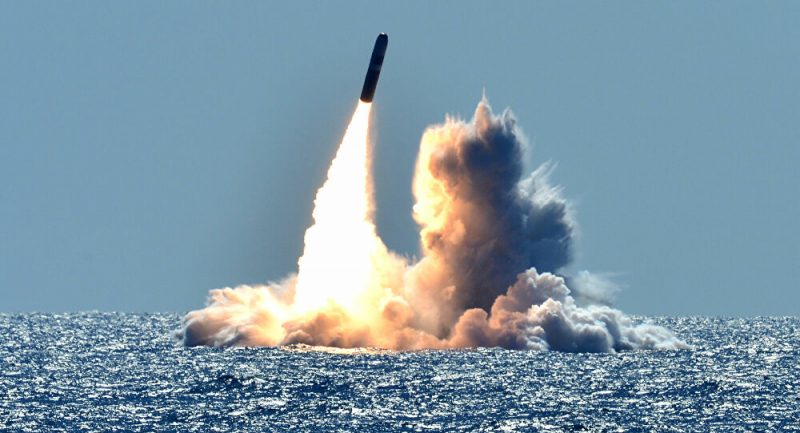With the arrival at the White House of President Donald Trump, the State Department, in charge of foreign affairs, radically changed its negotiation strategy on major international issues, moving from a firm attitude but capable of compromise to positions based on the balance of power. In just 4 years, the Trump administration succeeded in ending the INF Treaty banning the design and ownership of short and medium range ballistic and cruise systems with Russia, to withdraw from the Open Sky treaty allowing to lead inspection flights over countries signatories, but also to withdraw the United States from major international bodies such as the World Health Organization or Unesco.
However, a few days before the presidential elections, this strategy, supposed to promote the interests of the United States above all, clearly backfires against its strategist, with two issues that manage to unite the entire international community against American positions, and which create situations of great geopolitical complexity, in this case the end of the New START treaty limiting the number of nuclear weapons and vectors held by the United States and Russia, as well as the United Nations embargo on the sale of arms to Iran.


75% of this article remains to read,
Subscribe to access it!
The Classic subscriptions provide access to
articles in their full version, and without advertising,
from 6,90 €.
Newsletter subscription
Register for the Meta-Defense Newsletter to receive the
latest fashion articles daily or weekly

